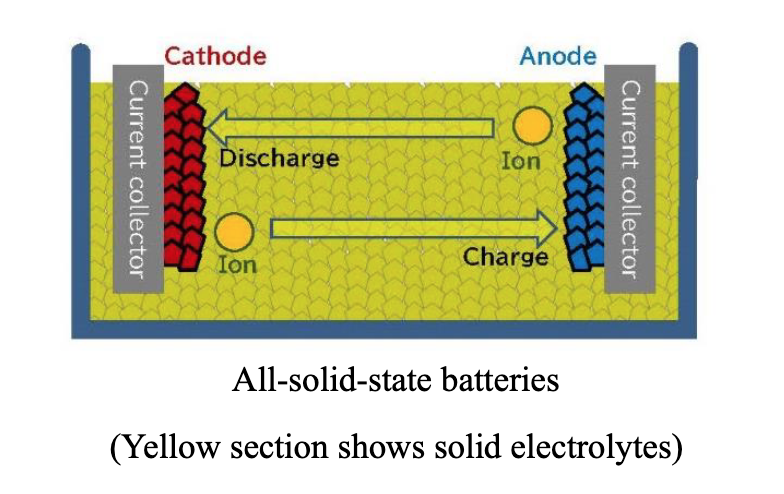
Toyota and Idemitsu join forces on solid-state battery

Toyota and Idemitsu Kosan have joined forces to develop the ‘holy grail’ of batteries, the solid-state battery /Toyota/Idemitsu Kosan
The world's number one car manufacturer, Toyota, and the Japanese energy company, Idemitsu Kosan, are teaming up on solid-state battery deve


Comments
Ready to join the conversation?
You must be an active subscriber to leave a comment.
Subscribe Today